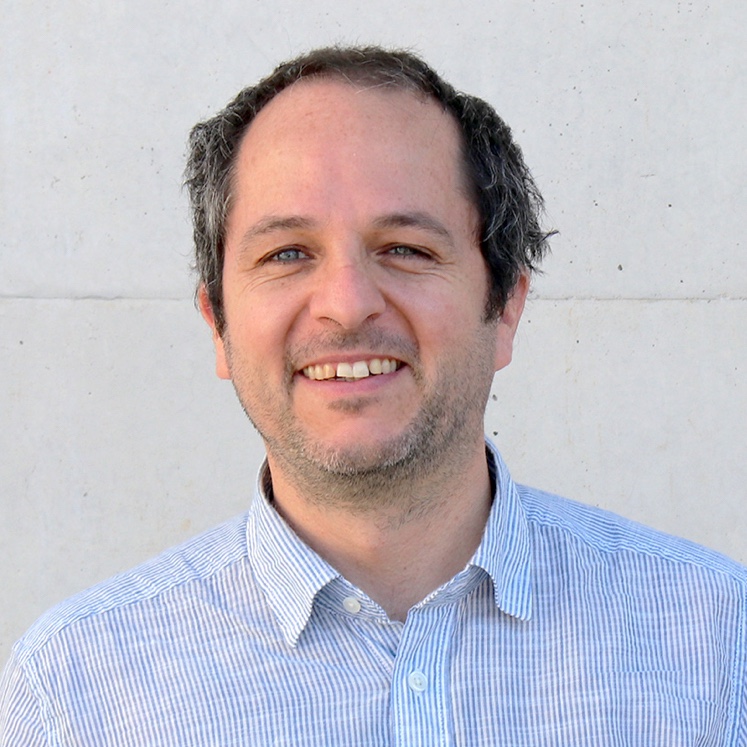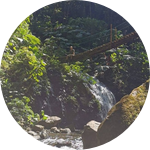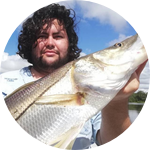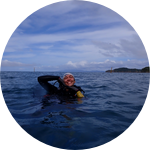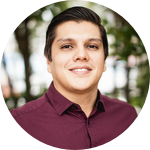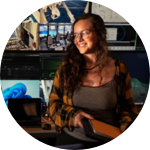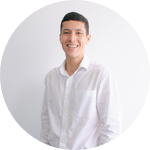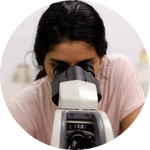About This Project
Costa Rica, known for its rich biodiversity, has 92% of its territory in the ocean. However, it lacks a robust marine technological network for continuous ocean observation and monitoring of changing conditions. Our mission is to establish an advanced ocean monitoring system using smart mooring systems and Argo floats. This will boost marine conservation, promote sustainable resource management, and enhance climate change research through high-resolution, real-time data collection and analysis.
Ask the Scientists
Join The DiscussionWhat is the context of this research?
Historically, only a few research groups have conducted long-term ocean observations in Costa Rica, resulting in a knowledge gap in extended time series of oceanographic data. To address this issue, we upgrade regional ocean monitoring in Costa Rica, inspired by the unique oceanographic conditions observed in the region, such as coastal upwelling, mesoscale circulation and the Thermal Dome. These conditions have not been systematically observed and there is a need for enhanced monitoring to detect changes and mitigate impacts. Advanced sensors and data networks can provide high-resolution, real-time data necessary for conservation and management efforts, aligning with global research priorities in marine science. This project is part of the Ocean Decade and thus, our allignment with SDGs.
What is the significance of this project?
This marine technology network will promote free access to important oceanographic databases that will be used to predict changes in the dynamics of the ocean conditions. This information could be used for multiple purposes either scientific academic, or for tourism and coastal management.
Having this kind of data has given us a very precise and scientific criteria in order to monitor oceanographic conditions that drive coastal and pelagic ecosystems. On the other hand, the involvement of the local community is one of our pillars in this project, that’s why we’re committed to raise awareness about the usages of ocean data and prevent technology vandalism that had happened in the past.
What are the goals of the project?
Currently our 3 main goals rely on expanding the deployment of ocean technologies in Central America by installing at least three more spotters in the Pacific coast of Costa Rica. Also, keep promoting links and partnerships between the private and public sector, academia and foreign investment in order to make decisions and educate new generations of ocean users. At the same time, we aim to continue the development of a free open access digital platform
Furthermore, we aspire to integrate a brand new hardware interface called Bristlemouth into our spotters by adding salinity and telemetry sensors, hand in hand with the implementation of Argo floats with incorporated hydrophone to monitor important underwater sounds specially made by marine mammals.
Budget
Our budget ensures the completion of our ocean monitoring project by addressing technical and operational needs. Specifically the deployment and maintenance of smart mooring systems, the integration of sensors using Bristlemouth and supporting the deployment of 8 argo floats in the Thermal Dome. It will fund training workshops, equipping local researchers with skills to maintain monitoring systems. With the funds, we also cover planning and management while involving local stakeholders. It also allows to ensure resources for researchers during fieldwork and provide financial support for interns. The main purpose is to cover handling and logistics of smart mooring systems and floats. Funds will support deploying 5 mooring systems, shipping fees, replacement of damaged structures, Argo float handling, Bristlemouth sensor integration, boat time, equipment, filming.
Endorsed by
 Project Timeline
Project Timeline
In 1 year, we plan to deploy and maintain 5 smart mooring systems, in the Pacific and Caribbean; Nosara, Golfo de Nicoya, Isla del Coco, Cuajiniquil and Cahuita. At least 2 maintenance field trips to the mooring sites. During the year, we'll support the Argo-Dome project, with the development of capacity building and transfer of marine technology workshops and the deployment of argo floats in the Thermal Dome.
Jun 16, 2024
Maintenance field trip to system in Bahia Tomas, Cuajiniquil
Jul 10, 2024
Project Launched
Jul 31, 2024
Shipping of the spotter’s damaged sensors of Cahuita, Cocos Island and Nosara
Oct 31, 2024
Deployment of Smart Mooring system in Cocos Island
Nov 01, 2024
Re installation of Smart Mooring system in Cahuita National Park
Meet the Team
Affiliates
Affiliates
Affiliates
Affiliates
Affiliates
Affiliates
Addy Echevarria Figueroa
Addy is a young early career professional currently developing her thesis on coral restoration working with local project Culebra Reef Gardens in the North Pacific region of Costa Rica. She is an skilled diver with passion for coral reef research, with emphasis in genetics and eco-physiology. Addy works as an assistant student in the Laboratory of Oceanography and Coastal Management of UNA where she has gained knowledge on oceanography and data processing. She is a coordinator in this project, leading administrative efforts, fieldtrips logistics and data processing.
Sergio Cambronero-Solano
Sergio is an associate professor at the Department of Physics of Universidad Nacional, Costa Rica and director of development at local NGO Colectivo Internacional Pelagos Okeanos. He has a B.Sc in Marine Biology from Universidad Nacional, same institution where he got a Lic. in Marine Resource Management. He is co-author of 8 scientific papers, mainly about oceanography and ecology. His research and communication efforts focus on physical oceanography, data science, ecological connectivity, resource management and conservation of deep sea environments. As an early career professional, Sergio is interested to study benthic-pelagic coupling in the open ocean and advancing capacity in the LATAM region through marine technology, science diplomacy and youth leadership.
Beatriz Naranjo-Elizondo
Beatriz is a marine biologist who graduated from the University of Costa Rica, with expertise in fish ecology, fisheries research, and the exploration of mesophotic and deep-water biodiversity for over ten years, having co-authored 15 scientific papers (see published research). She is part of the Colectivo Internacional Pelagos Okeanos, where her main interest is to enhance scientific and educational capabilities in marine biodiversity, as well as access to information. She is passionate about using technology to enhance scientific and educational progress and has combined her scientific background with studies in Full-Stack web development, as well as Science Communication and Public Engagement, to create innovative solutions that bridge different fields. She is particularly interested in exploring how technology can be used to advance marine conservation efforts. Beatriz has worked as a researcher at the University of Costa Rica and as an independent consultant for various organizations engaged in marine conservation.
Ariel Cordero Soto
Ariel has a background in computer science engineering and co-founded an NGO focused on a social impact to preserve, defend and manage marine resources with communications, technology and science. He is a problem solver with a passion for designing and building innovative technological solutions. He is skilled in a variety of engineering disciplines and continuously seeks opportunities to learn and expand his knowledge. He creates communication systems that facilitate seamless connectivity and information sharing among organizations and communities. He is a detail-oriented, has a solid grasp of project management methodologies, and is a natural leader and collaborator in fast-paced environments where teamwork is essential.
Valerie Núñez
Valerie is a young Latin American scientist spectialized in marine biology and biotechnology. With a passion for the ocean and a background in oceanographic data management and marine ecology, she brings a unique perspective to her work. Her undergraduate research project, conducted aboard a research cruise focusing on mesopelagic environments, highlights her dedication to understanding marine ecosystems. She previously worked as a research assistant at the Oceanography and Coastal Management Laboratory (LAOCOS) of the National University of Costa Rica, gaining valuable experience in scientific research and data analysis. Currently, she is collaborating with the NGO Colectivo Internacional Pelagos Okeanos and pursuing her thesis in bioprospecting.
Jeremy Vargas Badilla
Jeremy is an audiovisual director whose vocation has always been communication through visual media. From a very young age, he developed a passion for topics related to nature and conservation. In 2018, he connected his vocation with his passion by joining the NGO Pelagos as the Director of Studio Pelagos, the department responsible for communication and the production of audiovisual content.
Project Backers
- 3Backers
- 100%Funded
- $11,050Total Donations
- $3,683.33Average Donation
